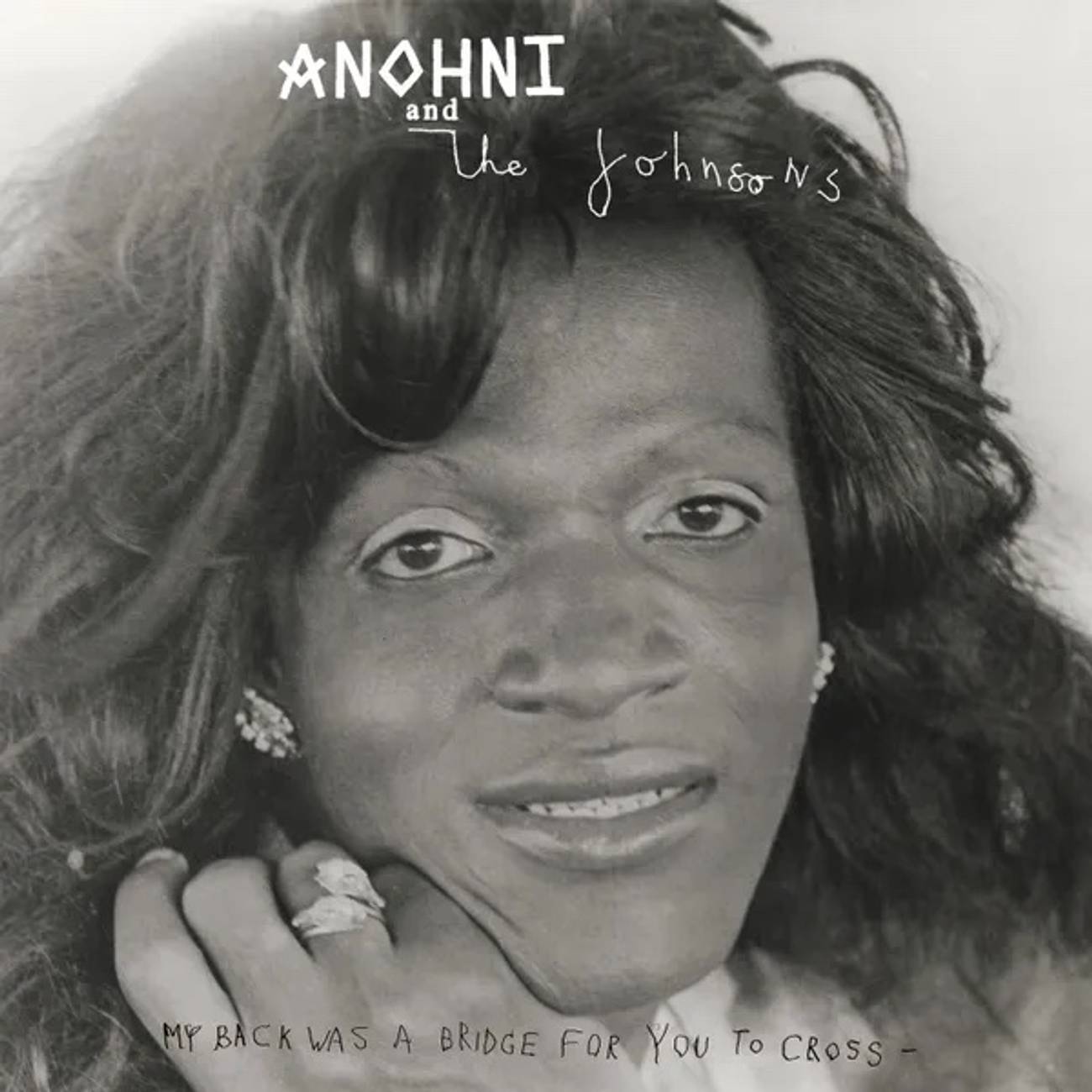Songs for Lou
Anohni’s latest is an emotional tribute to the former Velvet Underground frontman and king of New York cool




In 1990, Lou Reed and John Cale of Velvet Underground fame reunited for Songs for Drella, a concept album about the life of their then-recently deceased mentor Andy Warhol. Warhol’s life radically changed after he was shot by paranoid schizophrenic feminist Valerie Solanas, and Reed documents Warhol’s painful aftermath: “I’m still not sure I didn’t die, and if I’m dreaming I still have bad pains inside. I know I’ll never be a bride to nobody like you,” Reed says in the voice of his friend near death.
Reed, who died in 2013, gets his own postmortem on Anohni’s astonishing new album My Back Was a Bridge for You to Cross. The album’s third track, “Sliver of Ice,” recalls a moment near the end of Reed’s life, when, Anohni tells Björk in Interview magazine, “his carer put a piece of ice on his tongue, and he called me up having these ecstatic physical experiences. He was just getting more and more grateful for the feeling of being alive, and it was inspiring.”
Reed undoubtedly had a more enjoyable end-of-life experience than Warhol, which Anohni captures through a simple guitar and drums and her incredible falsetto. “Now that I’m almost gone / Sliver of ice on my tongue / In the day’s night / It tastes so good, it felt so right / For the first time in my life,” she sings at the beginning, before working into the song’s stunning ending, “And I love you so much more, I love you so much more, I never knew it before.” It’s breathtaking. The listener might not know she’s channeling Reed—Björk thought it was about alcoholism—but Anohni’s voice is one that refuses passive listening. “Sliver of Ice” is as intense as anything in Anohni’s catalog, which includes songs like “Drone Bomb Me.”
Elsewhere, Anohni offers a celebration of life. A Marvin Gaye influence runs throughout My Back, especially on the fourth track, “Can’t.” A slice of Northern Soul filled to the brim with horns and vigor, Anohni sings a chorus that could apply to Reed, or trans activist Marsha P. Johnson, who graces the album’s cover, or anyone you’ve lost: “I don’t want you to be dead,” she sings over and over again at the song’s apex.
My Back only operates at emotional peaks. There’s the ecstasy of life, the pain of death, and the deep pain of loathing, both toward others and the self. “Scapegoat” and “It’s My Fault,” which fall one after another, seem to be mirrors. “Scapegoat” is a soaring declaration of anger at another, possibly a lover: “You’re so killable / I can say just what I want / I can use you like a toilet,” goes the first verse, setting up soaring guitars later. “It’s My Fault” is much quieter, focused inward, within Anohni mostly repeating the song’s title.
The songs on My Back are so specific that they become universal. The guitars move between headbanging and strumming, moods shifting like the tides. That’s life, Anohni seems to be saying with this stunning album. It’s not exactly background listening, because it’ll shake you out of whatever you’re doing and make you pay attention. That’s the magic of an artist working at her creative peak.
David Meir Grossman is a writer living in Brooklyn. His Twitter feed is @davidgross_man.